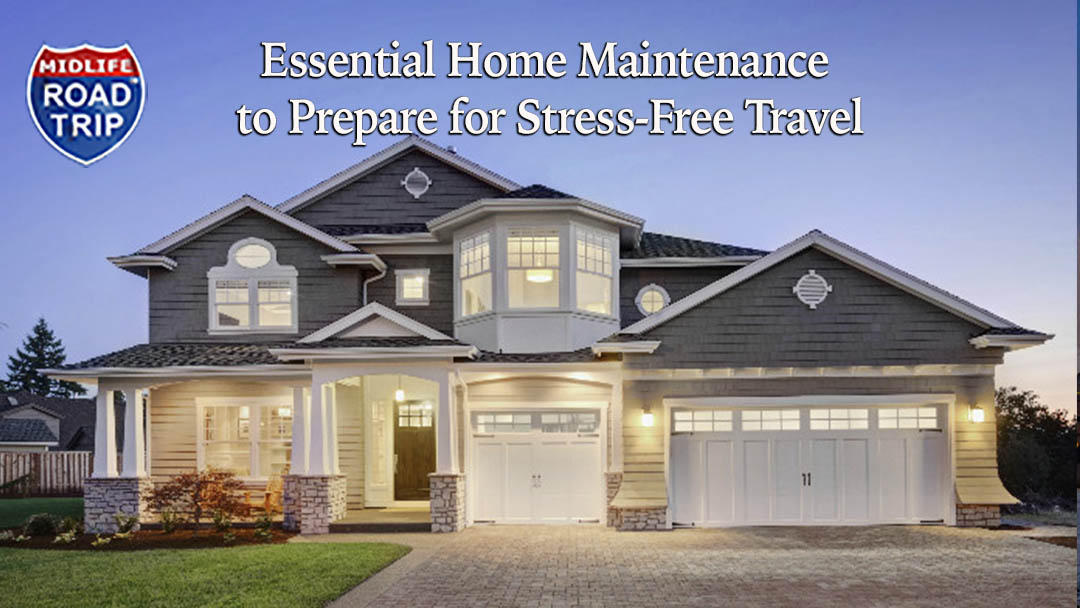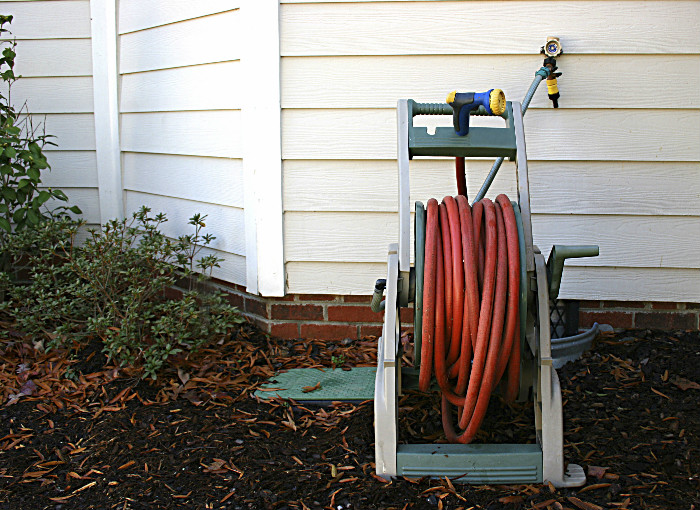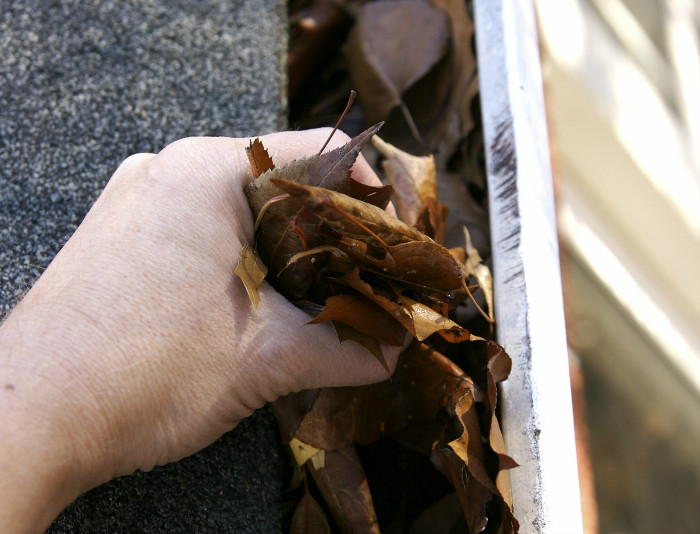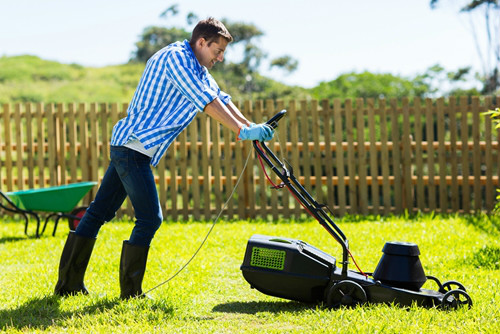How many exciting getaways have you already booked for 2017? Don’t just focus on your itinerary or what you should pack. Now’s the time to start preparing your humble abode for extended periods of vacancy! Read on for a list of essential home maintenance tasks you must perform before saying “Adios” to your hometown and hitting the beaches of Mexico.
General Tips
- Have a plan for mail while you’re away
Ask a friend or family member to collect your mail at least two weeks before you leave. If they agree, it’s also a good idea to leave them with a spare key so that they can get in your house in case of emergency.
If no one is able to collect your mail, you’ll need to contact the post office and ask them to halt your mail delivery (if you get newspapers delivered, notify them too).
If you’re in the U.S., visit the United States Postal Service website for a convenient form you can fill out from the comfort of your own home. Note that the USPS can only hold your mail for up to 30 days. If you plan to be gone any longer than this, you’ll need to work out alternative options with the post office.
- Set up a randomly timed light
Burglars typically case homes that are noticeably vacant, and the easiest way to tell is if there are the house is always dark (also if mail is piling up, see tip #1). Get a timer you can set to turn lights on at random times.
Some timers even let you program radios to turn on at intervals to give the illusion of activity in the house. Think of these devices as cheap insurance for your home.
- Take care of the toilet
Mold and mildew quickly grow in stagnant toilets. Avoid this by dumping ¼ to ½ cup of bleach in your toilet bowl before you go to kill off any organisms living in there. However, be careful not to put bleach in the tank, as the chemical can cause rubber fittings to disintegrate. Leave the seat up to further limit mold and mildew growth.
Some people swear by putting anti-freeze in their toilet bowl if they’re taking an extended vacation during the winter months to prevent burst pipes. However, if you do go this route, do not mix the anti-freeze with bleach – only use one or the other.
- Program your thermostat for maximum savings
Set you’re A/C to 85° during summer getaways, and set your furnace as low as 55° during the winter. This will keep your home safe from humidity, mold, mildew, and frozen pipes while allowing you to save big bucks on your energy bills.
- Turn off the water
Did you know that the average homeowner spends between $1000 and $3,500 on water damage repairs?
Prevent costly repairs while you’re away by turning off all water sources before you leave. This includes the main valve (which should be located near your water meter), water-supply valve, and exterior valve.
After turning off your water, run your faucets for a little bit to drain the pipes of any remaining water in the lines.
Also, check your sump pump if you have one. Make sure it’s plugged into a reliable power source and working properly to prevent sewage backup.
If your area has heavy rainfall forecasted while you’re away, have a friend or relative periodically check on your sump pump to make sure it can keep up with the excess water.
- Unclutter your gutters
Speaking of water damage, don’t forget to do some gutter maintenance before you leave. Gutters that don’t properly divert water away from your foundation are a leading source of basement flooding in homes.
Gutters require cleaning a few times a year in order to get rid of debris clogging up the system. But don’t put yourself at risk of serious ladder injuries right before your big trip – schedule a professional to come out and clean them for you.
Consider getting an entirely closed gutter protection system like Leaf Filter to prevent unexpected clogs while you’re away.
- Arrange for a lawnmower and/or landscaper
A lesser known way that burglars can tell a house is vacant is if the lawn is overgrown. Hire someone to come over to mow your lawn and tend to your gardens to make it look like there is activity at your house.
- See if you can “house swap” while you’re away
Services like Home Exchange connect travelers to each other in order to arrange a “house swap,” in which travelers essentially trade houses for the duration of their vacation. This can be a cheap, or even cost-free, alternative to staying in hotels. As an added benefit, you’ll really get to live like a local in your destination and experience the culture.
If you rent, this option may not be viable due to lease agreements. Talk with your landlord to see if you’re able to “apartment swap” with another traveler. Or, ask if you can sublet so that you have some extra cash to work with when traveling.
Don’t get so wrapped up in other pre-travel planning that you forget about your biggest asset – your home. These tips will help save you the headache of coming back home to deal with an emergency situation like a flooded basement or home intrusion.
Have you ever had to cut a vacation short because of a home disaster? Tell us about it in the comments and share any additional tips for prepping your home before you go!
 Blog Post Written by Rachel Rieger
Blog Post Written by Rachel Rieger
Rachel is an avid writer from the Cleveland, Ohio area. When she’s not writing, she loves to read mystery novels and spend quality time with her loved ones (sometimes this involves curling up on the couch and binge watching a show on Netflix). She’s traveled to several places in the U.S. and Canada and looks forward to extended vacations in the future. Her dream destination is Italy, where she’ll make a beeline for the first gelateria she sees.







Excellent advice! A Monitored Home Alarm System is also excellent and in most cases will reduce your Home Insurance as well. We always turn down the hot water tank as well and shut off the water valve to the tank.
GREAT tips Robert! Thanks!!